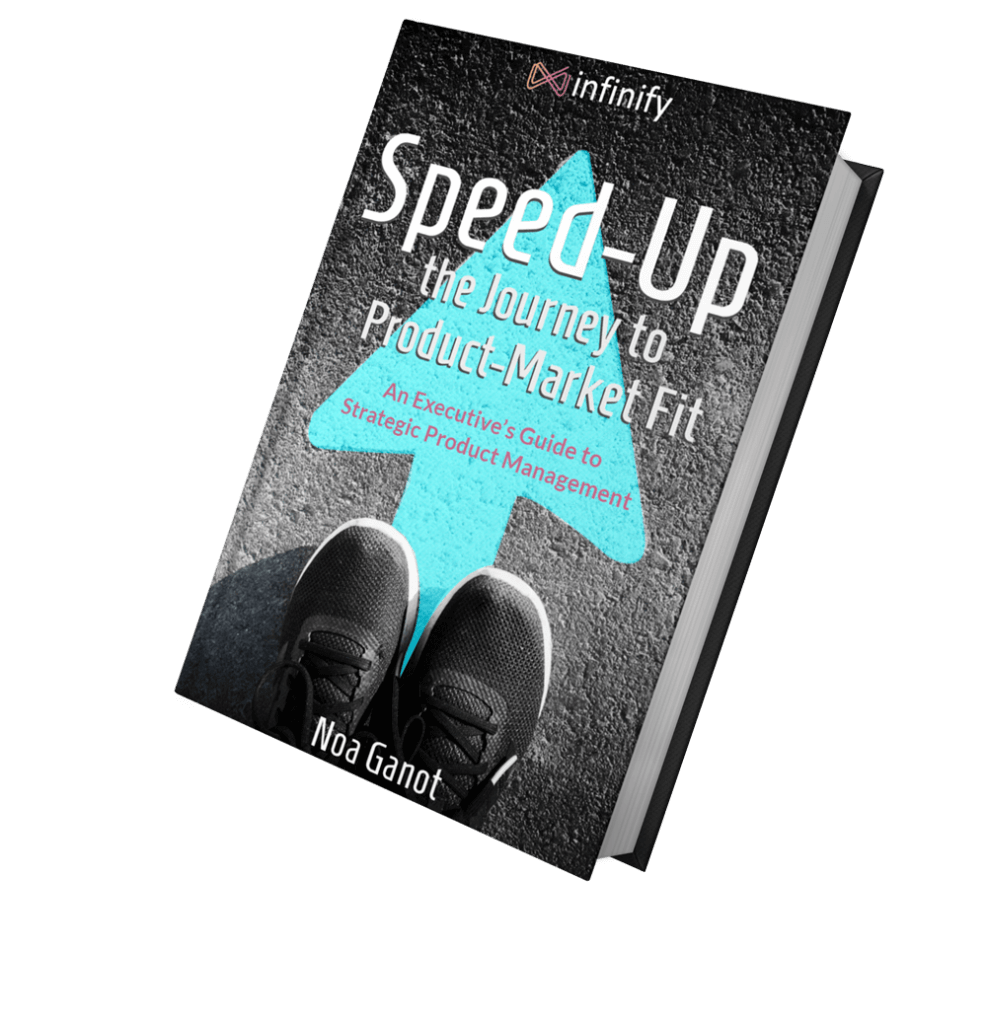With so many people looking for a job these days, there is a vibrant discussion on LinkedIn and other professional groups about feedback to a rejected candidate. Every now and then someone writes about how they don’t just say no, they always explain why and also give feedback on what the candidate could have done better. While everyone agrees that this is the right thing to do, especially with candidates that got a long way through the interview process, some people share that when they have tried it in the past they got a very negative vibe back. Many times, candidates who get the feedback try to convince the interviewer that they got it wrong, ask for a second chance, and even react aggressively.
You already know I love feedback – our growth journey is infinite, and that’s why I named my company Infinify – but I have also experienced these inappropriate responses which led me to not give it voluntarily. I found my middle ground in providing feedback whenever someone asks, but if they don’t bring it up I don’t either.
Candidates – when you get feedback please treat it as feedback that is yours to take and act upon and not as an argument with the person who already made the decision. It will do you more harm than good otherwise.
I have been interviewing and hiring product managers and leaders since 2009. I have hired around 20 product people at all levels to work for me over the years and helped hire another dozen or so product leaders for the companies that work with Infinify. I have interviewed a few good hundreds of people and even helped friends prepare for interviews and landing in their dream job. I have had many negative feedback conversations, trust me.
And while giving negative feedback in person is not always pleasant, there are things that I found myself saying in almost each and every one of these conversations. I decided to write them down here so that you can use them before the interview, and not just in hindsight. The points I mention here are relevant for product interviews at all levels but become critical as you climb up the ladder.
This article is about the candidate’s blind spot during the interview process. Next week I’ll write about common blind spots on the company’s side too.
Show Us How You Think and Not Just the End Result
Anyone can have great ideas, some people more than others. But we are not hiring product people for their ideas. We are hiring them for how they think and get to these ideas. We hire fishermen and not fish, since what we need changes over time.
Your final recommendation is important (see the next point) but it means nothing if you can’t explain how you got there. Your explanation should be logical and easy to understand. One step should lead to the next. A good explanation should lead us to think about your recommendation even before you said it – simply because it makes sense following everything you said up until now.
Since in product there are usually no right or wrong answers, any answer is a good one as long as you can explain why it is the right thing to do.
That’s a great guideline generally in your work, too. It helps people go with your ideas if they simply are the inevitable conclusion of a logical flow we all agree on.
Give Us Your Opinions and Not Just the Methodology
This is usually counterintuitive for many people, but it makes a huge difference. As product leaders, we are used to not knowing everything. We are not the customers, we need data, and we keep an open mind to see what the market tells us.
These might even be things that you want to demonstrate in the interview itself: show that you are data-driven, and know that you can’t decide by yourself so you are open to other people’s input.
While this is all true and important, it is a slippery slope. Above everything I just mentioned, as a product leader you will need to make decisions. Many of them, and not the trivial ones where the data is black or white. Since these decisions are complex, there is no correct answer. Different people – all talented and experienced – would see things differently in various situations. We want to understand how you see things, above all disclaimers.
I can’t tell you how tiring it is to try and get answers from a candidate about what they think we should do in a hypothetical situation, and to hear again and again “it depends on the data”. Even if it does, explain which data would lead you to actually decide one way or the other.
Think about it from the interviewer’s side: we try to get to know you, and you keep quoting the book. We get that you read the book. We read it too. But we want to hire you, not the book!
As a product leader, this is even more important since you will need to make so many decisions that have a tremendous impact on the company. If you can’t make up your mind and tell me what you would decide in a hypothetical situation, how can we trust you to make real decisions when needed?
Drive Business Decisions and Not Just Product Decisions
A product leader must be connected to the business, that’s a basic ground rule. But what does it really mean?
The first level is business awareness: understanding the various KPIs and being able to act upon improving any of them. But that’s what I expect from a product manager at any level. As a product leader, my expectations are much higher.
The product leader’s responsibility is to drive the product to business success, not just to customer happiness. In order to do that you must be able to drive business decisions and not just product decisions.
As a result, we don’t just want to hear you talk about the right KPIs, we want to hear specific recommendations and trade-offs that you would be making. Yes, even if it’s not your direct responsibility.
As a product leader, you have a dual role: you lead the product organization, and you are a member of the management team (whether formally or not) that navigates the company to success. When you talk about the business side of things, you must wear your horizontal leadership hat, and let us know that you can take a seat around the management table.
It is a very different mindset: when you give us a generic list of business KPIs, you don’t make an opinion about which one is more important. That’s the mindset of the person who leads the product organization. It tells us “prioritize these KPIs for me and I’ll take it from there”. But that’s not the mindset we are looking for in a product leader’s role. As a product leader who is an important member of the management team, we want to at least hear that you will drive the team to prioritize and can stir the discussion. We need to hear which KPIs you think are more important than others, and why. Remember, even if it’s not your decision to make, your opinion matters and can help other people think.
When you interview for a product leadership role, remember that we want to hire you, with everything that you bring to the table. Let us in and let us get to know you, not just your skills. Skills are important (and please do show them), but you are not skills for hire. That’s what makes product management in general and product leadership in particular so interesting.











